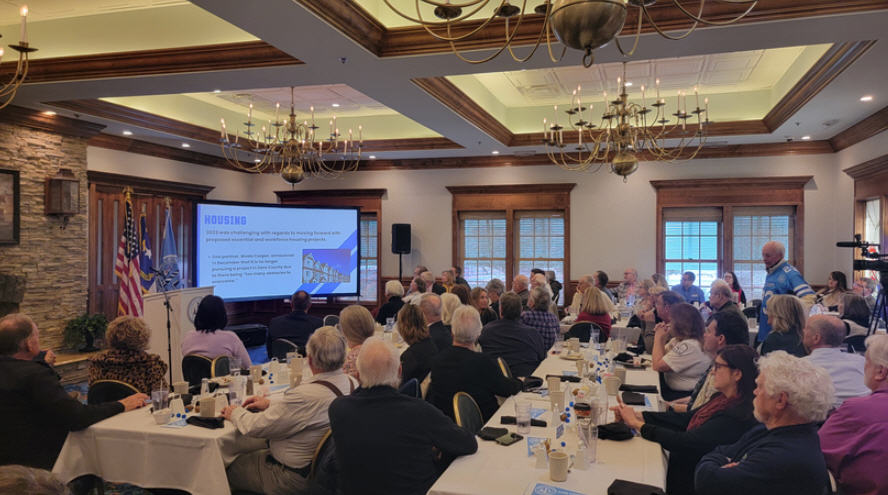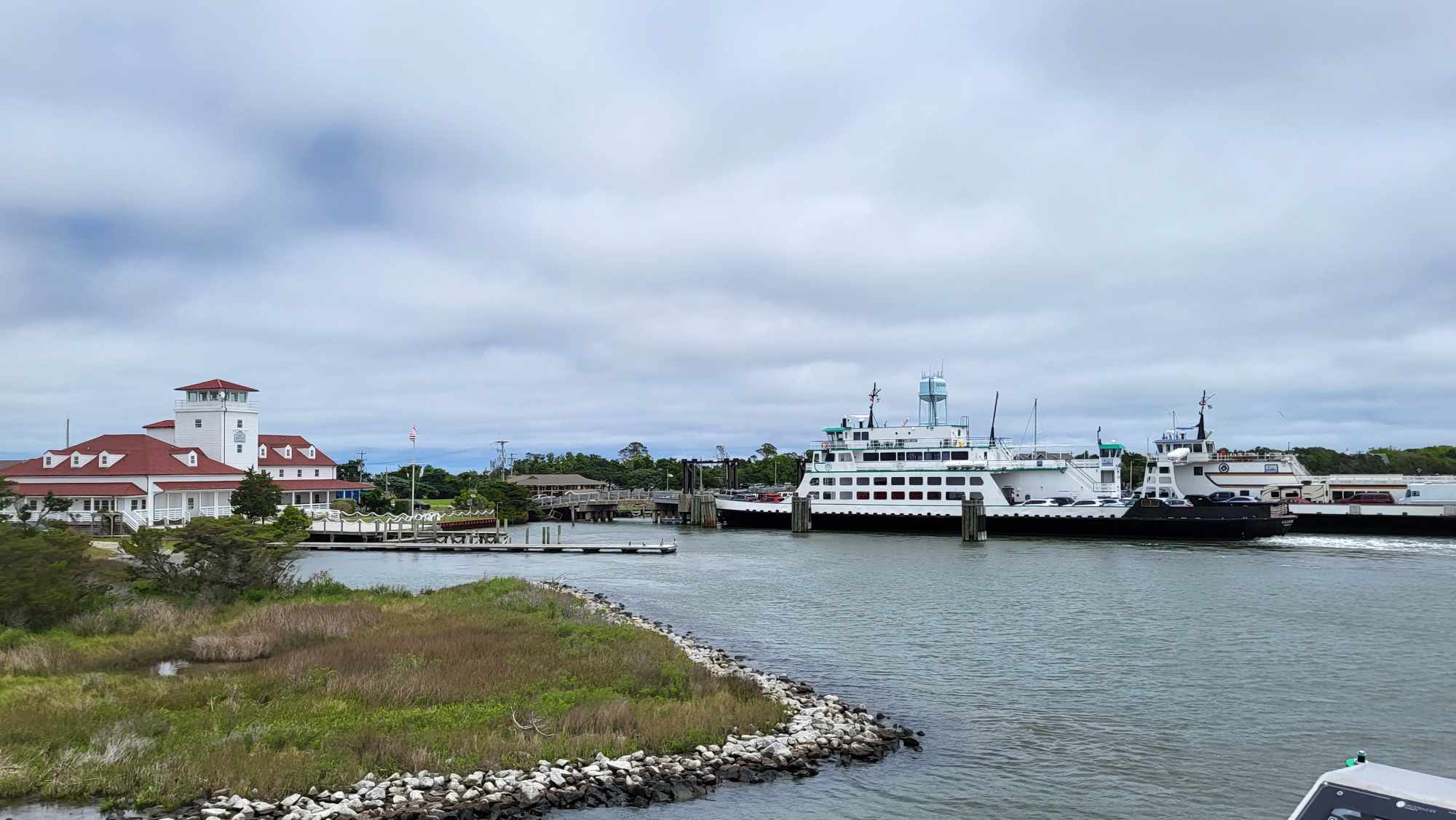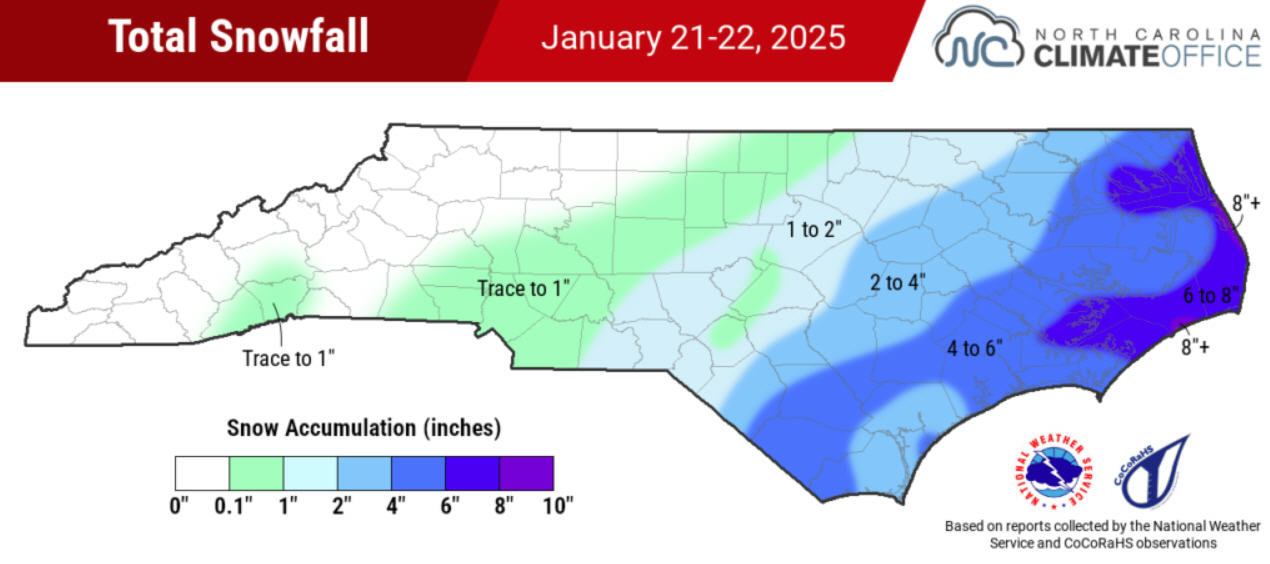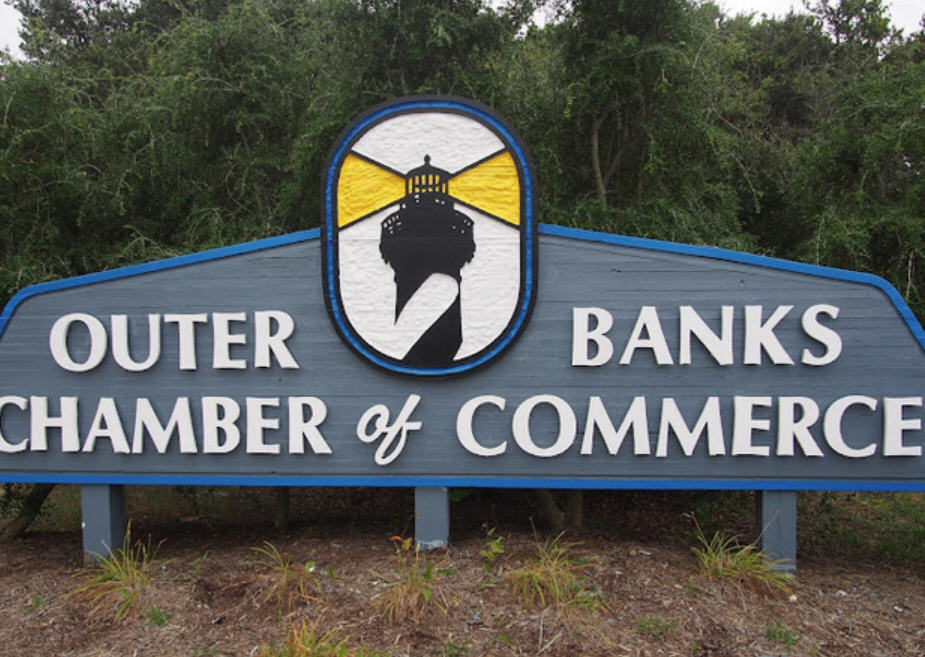First bill filed would prohibit condemning property for economic development
The first proposed piece of legislation filed in the new session of the North Carolina General Assembly – HB3 — is an attempt to add a proposed amendment to the North Carolina Constitution that would prohibit taking private property for economic development.
The bill was introduced by Rep. Chuck McGrady, R-Henderson. If voters approve the amendment in a future election, North Carolina would join more than a dozen other states that have passed such measures in response to the case of Kelo v. City of New London. In that case, the U.S. Supreme Court upheld the right of the city to take property, including an occupied home, and sell it to a private developer because the anticipated increased tax base would serve a perceived public “benefit.”
McGrady’s proposal, if passed, would rewrite portions of GS 40-A to also limit eminent domain to projects that result in public “use,” such as schools, roads, libraries, etc. Currently, the statute includes language that states that eminent domain can be used for public use or benefit. Use of the latter word was interpreted broadly by the U.S. Supreme Court and is struck out in the new proposed language.
A similar proposed amendment was first introduced by McGrady in the 2013 session and cleared the House with a 110-8 vote but became stuck in a Judiciary Committee on the Senate side.
The proposed Constitutional amendment portion of the bill also would provide property owners the right to request a jury trial to ensure that property owners have the opportunity to be fairly compensated.
Private companies and corporations, such as utility companies and bridge builders, may use condemnation to gain access to land needed to provide service to customers. The proposal adds “facilities related to the distribution of natural gas” to the list of allowed uses.
And, if approved by voters, the following new subsection would be added to GS 40-A:
“Connection of Customers. – For the public use, private condemnors, local public condemnors, and other public condemnors in subsections (a), (b), (b1), and (c) of this section shall possess the power of eminent domain and may acquire by purchase, gift, or condemnation any property for the connection of any customer or customers.”
If the bill is passed by both chambers and signed by the governor, the existing statutes would be changed, but the proposed Constitutional amendment would have to win approval by voters during a future general election.
McGrady couldn’t be reached for comment.
(Sandy Semans is a retired newspaper editor and reporter who now works as a free-lance writer. She lives in Stumpy Point. Her update on the goings-on in this session of the General Assembly will appear weekly in The Island Free Press, usually on Friday.)















